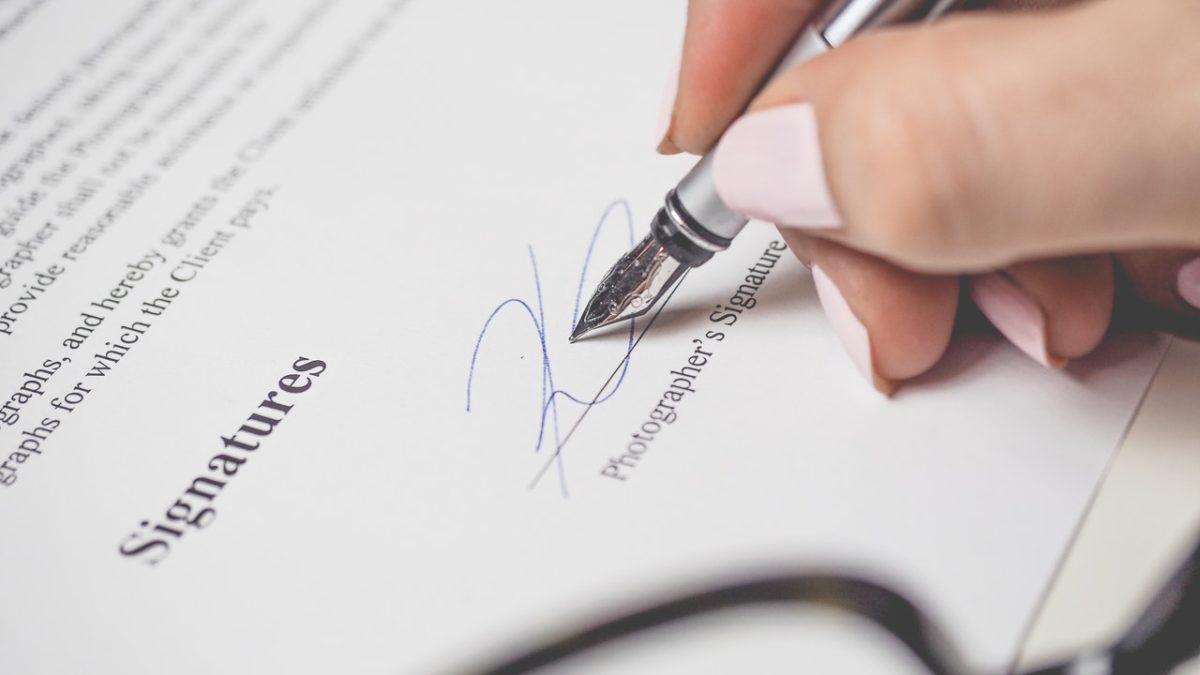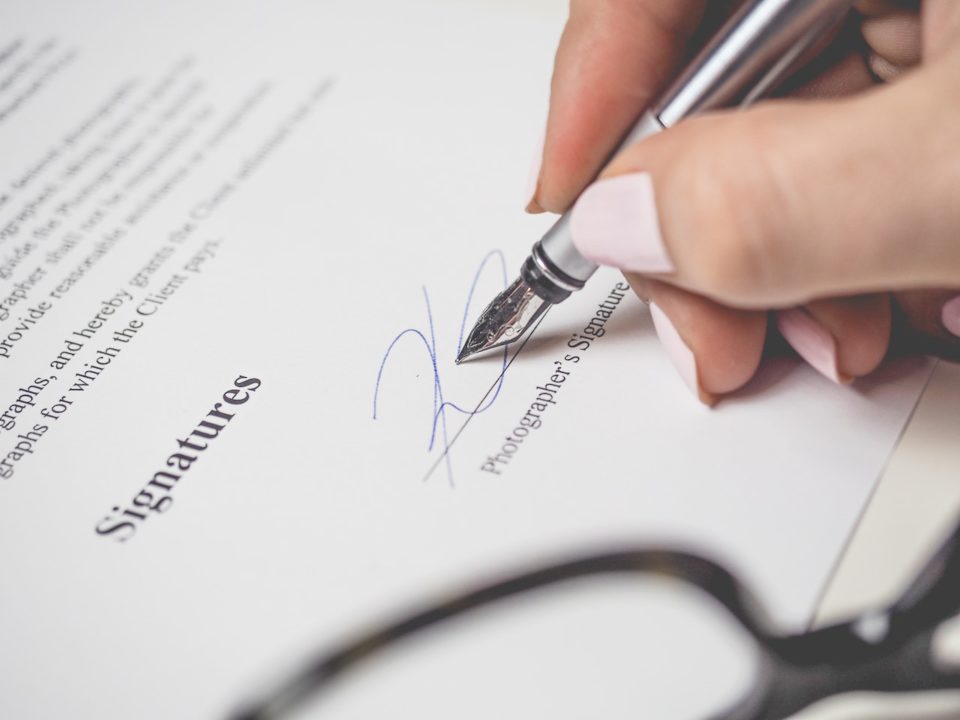- EXPERIENCED LAW FIRM IN TOLEDO, OH
- (419) 662-3100
How to Find Out if Someone Has a Will

Ohio Probate Court Lawyers
August 8, 2020
How To File a Will with a Probate Court in Ohio
September 8, 2020When a loved one passes, a whirlwind of thoughts may cross your mind. The emotion of loss often makes processing difficult, but following a loved one’s passing, there many decisions to be made and documents to be collected. One of these is a will. A will is a critical document that helps settle the state and name beneficiaries. If you are unsure whether or not the deceased had a will, there are several ways to find out without wasting time or money.
-
Check With the Executor
An executor is a designated, trusted individual who is tasked with sorting out the estate of a person who has died. An executor can be a family friend, a relative, or an experienced professional. First and foremost, the executor should always be familiar with the location of the will. That way, if the owner of the will passes, the will can swiftly be deposited with the probate court to begin probate proceedings.
-
Check With the Law Firm Who Drafted the Will
It’s always wise to have a trusted law firm like Heban, Murphree, and Lewandowski draft a will to ensure it meets all state legal requirements. A do-it-yourself will may not be up to regulation and can result in a delay or loss of assets. If you have trouble finding out which law firm drafted the will, you can check old bank statements to point you in the right direction. If you are still unsure and have no records, you can publish a death notice and request that the attorney responsible for drafting the will produce it and file it with the probate court.
-
Search the Deceased’s Home
This seems obvious, but sorting through an estate, especially of an unorganized individual or someone with an extreme amount of belongings, can be daunting and challenging. Check old filing cabinets, safes, lockboxes, garage storage, and more. While you look for the will, you can also look for paperwork indicating an attorney who may have drafted the will.
-
Request Access to Safe Deposit Boxes
For many people, the most secure place they have access to is a safe deposit box. As a result, it is commonplace to find wills. Some elderly individuals have even forgotten that they stored it and other belongings in the deposit box, so there may be no records. If you do find information regarding a deposit box, call the bank and find out what their regulations are. In some cases, you may need a court order to access a safe deposit box if only the deceased’s name is on it. In other cases, you can access the box to remove a will under the supervision of a bank employee.
How Can I Find a Will in Public Record?
A will is not placed in the public record until after it is filed with a court. This does not happen until after death. A will won’t be submitted before this happens because the testator has the power to change the will at any time during their lifetime. They can alter beneficiaries and how their estate is distributed as they please. The only record of the will during the lifetime is the will itself. Once the owner of the will passes, you may be able to find the will in a public record if the executor filed it.
To find it, you should first determine what county the deceased resided in from a legal standpoint. Find the county and locate their clerk of courts website. Most have easily accessible court records on their page, and you should be able to see the docket through a basic search. This should give you either the will itself or the name of the attorney or executor who filed it. If there is no record on the clerk of courts website for that county, you can contact that office directly. They may be able to send you a copy of the will upon request.
If All Else Fails and You Can’t Find the Will
Continually checking the clerk of court’s website is one way to find out if probate is opened or a will is filed. You can also register with probate court instructing them to give notice if a will is admitted to probate so that you have a chance to object to its contents.
In the worst-case scenario, the will is unable to be recovered, or worse, a will was never drafted or completed. At this point, you should reach out to a trusted probate attorney for advice on how to proceed with the estate.







